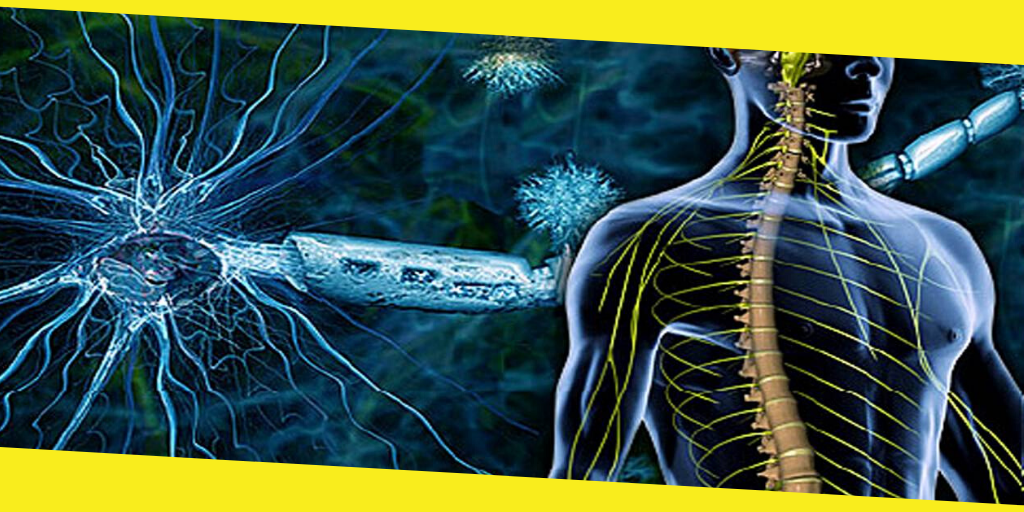8 Early Symptoms of Multiple Sclerosis

Multiple sclerosis symptoms are unpredictable. No two patients have the same signs. You may have a single symptom that may disappear for months or years, while another person’s symptoms may get worse within a short time. However, there are common early signs which shouldn’t be ignored. In case you notice one or two of the following signs, you should see a doctor immediately. In case you’re diagnosed with multiple sclerosis early, Stem Cell Treatment for Multiple Sclerosis will help to stop further progress of the disease.
Early common symptoms include:
Contents
Toggle1. Vision problems
Double vision, blurred vision, or loss of vision can be signs of multiple sclerosis. Visual problems are, however, hard to notice since degeneration of clear vision is gradual.
2. Fatigue and weakness
Do you experience unexplained fatigue and weakness? 80% of people experience this in the early stages of multiple sclerosis. Multiple sclerosis fatigue appears suddenly and may last for months before it disappears.
3. Numbness or tingling
Multiple sclerosis affects the nerves in the spinal cord and brain. As a result, conflicting messages can be sent to other body parts, and sometimes, no messages are sent. This leads to numbness, especially on the face, legs, fingers, and arms. Numbness and tingling sensations are usually the first warning signs of multiple sclerosis.
4. Spasticity
Muscle stiffness is also common with multiple sclerosis. You may have mobility problems – stiff joints and muscles, as well as uncontrollable, painful jerking movements of the legs and arms. You may also experience:
- Shaking of the limbs
- Clumsiness
- Difficulty with balance and coordination
- Dizziness when you try to move around
5. Pain
Over 50% of people with multiple sclerosis experience chronic pain. Multiple sclerosis may cause chronic pain, either directly or indirectly. Multiple sclerosis causes neuropathic pain directly by damaging the nervous system. It may include sharp pains in the face or burning sensations in the limbs and trunk. Multiple sclerosis can indirectly lead to joint, neck, and back pain, especially for people with mobility problems.
6. Bowel problems
A dysfunctional bladder is another common symptom of multiple sclerosis. It may include the inability to hold in urine, strong urges to urinate or urinating too frequently. Bowel problems can be managed through diet, frequent fluid intake, medication, and physical activity.
7. Sexual problems
Although sexual problems are common with the general population, they can be caused by multiple sclerosis. It attacks the central nervous system, which affects sexual arousal.
8. Cognitive problems
People with multiple sclerosis may suffer from cognitive dysfunction. This may include:
- Inability to process incoming information
- Difficulty in organizing and solving problems
- Shortened attention span
- Difficulty in multitasking
- Difficulty in processing visual information, for instance, reading a map
- Memory problems
- Language problems – getting stuck on words
- Slowness in processing information
- Problems with reasoning
Note: Many of these problems aren’t specific to multiple sclerosis and can be a result of other conditions, including depression, anxiety, and even some medications.
If you have one or several of the above symptoms for unknown reasons, it’s time to see a doctor.
Recommended For You
Types of Endocrine Disorders You Will Learn Under Endocrinology
Most Inside
Most Inside offers high-quality recommendations and valuable updates to enhance all aspects of your life, providing premium guidance and enriching experiences.




